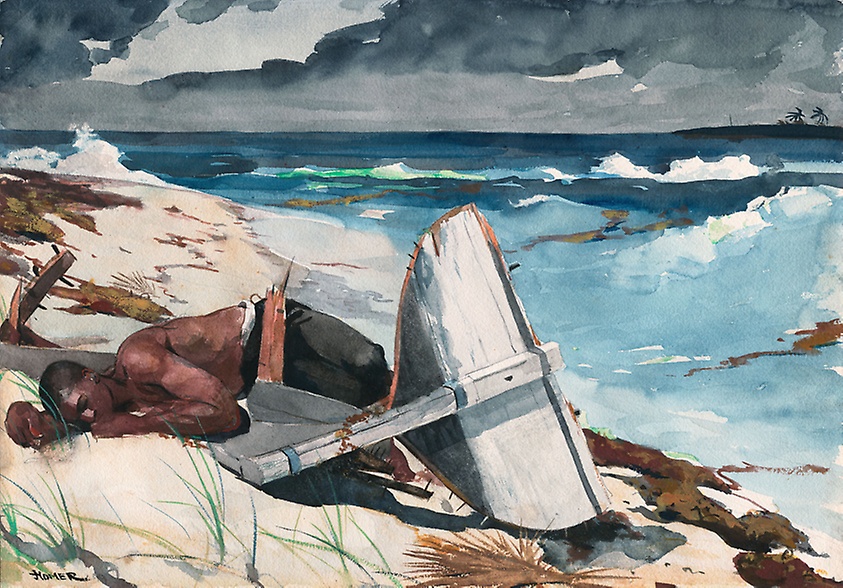
“Art imitates life.” – Aristotle
“Life imitates art.” – Oscar Wilde, in his 1889 essay The Decay of Lying.
Perhaps you’re already acquainted with both mimesis and its opposite, anti-mimesis. If not, maybe you will find this interesting.
Anti-mimesis is a philosophical position that holds the direct opposite of Aristotelian mimesis[1]. Its most notable proponent is Oscar Wilde, who opined in his 1889 essay The Decay of Lying that, “Life imitates Art far more than Art imitates Life”. In the essay, written as a Platonic dialogue, Wilde holds that anti-mimesis “results not merely from Life’s imitative instinct, but from the fact that the self-conscious aim of Life is to find expression, and that Art offers it certain beautiful forms through which it may realise that energy.”
What is found in life and nature is not what is really there, but is that which artists have taught people to find there, through art. As in an example posited by Wilde, although there has been fog in London for centuries, one notices the beauty and wonder of the fog because “poets and painters have taught the loveliness of such effects…They did not exist till Art had invented them.”
Wow. Leave it to Oscar Wilde to take on Aristotle – and on so basic a topic as the very nature of the real world. And then to conclude that lying was in decay, and then to buck that trend. A man ahead of his time.
And a bit of a surprise to discover that weather – fog, in this case – was Wilde’s example of choice.
Weather, of course, figures prominently in all our lives, at least from time to time. For the past week or so, to live in the Caribbean or along the eastern coast of the United States and to think of weather in this region has been to think of hurricanes – especially Dorian, its stunningly tragic impacts and aftermath, and what they continue to reveal about our 21st-century lives, our leaders, and our institutions.
Hurricanes have preoccupied writers for centuries. Google search offers myriad entries, most of which take Shakespeare’s The Tempest as a starting point. (Those searches turned up relatively little from the realm of Asian art and literature, but some of the latter dates back a thousand years or so; perhaps Baidu would reveal a wholly different set of results.)
One bit of such writing that captivated a post-World-War-II generation was Herman Wouk’s (1951) Pulitzer-Prize-winning novel, The Caine Mutiny, and a subsequent successful and influential (1954) movie by the same title. Here’s a capsule version of the story (seen through the lens of mimesis; you’ll be rewarded if you decide to read or re-read the entire book or watch the film):
The setting is World War II. (Wouk himself served in the Navy during that war; it was the backdrop for his best work.) The protagonist is Willie Keith, a Princeton graduate who is stumbling through life. A series of missteps and blunders finds him as an ensign on board the USS Caine, a World-War-I vintage minesweeper called back into service due to the exigencies of the war. The assignment is a big disappointment to Keith. The ship is a rust bucket, in continuing decay. The crew is slovenly in dress and action. Keith attributes this to poor leadership of the ship’s captain, Lieutenant Commander William DeVriess. Keith’s spirits are initially buoyed by DeVriess’ departure and the arrival of DeVriess’ replacement, Lieutenant Commander Philip Francis Queeg.
Keith naively sees Queeg as a by-the-book guy who just might make the Caine great again.
But that initial impression is quickly displaced by a more sobering reality. Queeg has never led a ship and crew before, and commits a string of blunders. Right out of the starting gate he breaches regulations, bullying the officers into selling him their liquor rations. He attempts to smuggle the liquor off the ship; when it’s lost, he blackmails Keith into paying for it. Later on, in battle, instead of escorting LSTs landing on Kwajalein under fire, he leaves a yellow dye marker and departs the combat area posthaste. Page by page, scene by scene, the list of character flaws and performance gaffes continues to grow. Repeatedly, in both the book and the film, Queeg refuses to shoulder responsibility or focus on the missions at hand. Instead, he obsessively hounds his crew members about minutiae and imagined slights, such as a small quantity of strawberries that go missing from the officers’ mess.
Matters come to a head when the Caine is caught in a typhoon. Queeg, who’s already lost the confidence of his men, seems incapable of the seamanship and decision-making needed to save the ship and the crew. Keith and Stephen Maryk, the chief executive officer, relieve him of his duties and take over command. They turn the ship into the wind and ride out the storm.
The two junior officers are court-martialed for their pains. Their Navy-appointed lawyer helps them avoid prison time only by putting Queeg on the witness stand, where Queeg’s character flaws under the questioning become visible to the tribunal. (An aside: after the trial, instead of congratulating the officers who led the mutiny, that same lawyer privately castigates them, stressing that mutiny is still reprehensible, and perhaps had been unnecessary, even under the dire typhoon conditions.)
(There are myriad other threads woven into the narrative, but you get the idea.) By book’s end, Keith is the last commanding officer of the Caine prior to de-commissioning; he realizes his accumulated experiences have transformed him into a true Navy officer.
Art imitating life? That would probably have been the judgment when the book and the movie came out. In 2019, six decades later? It might be possible to reach the opposite conclusion.
[1] Of course, to look past the fancy Greek words and the name-dropping is to recognize that this is little different from the classic “chicken-egg” problem.

